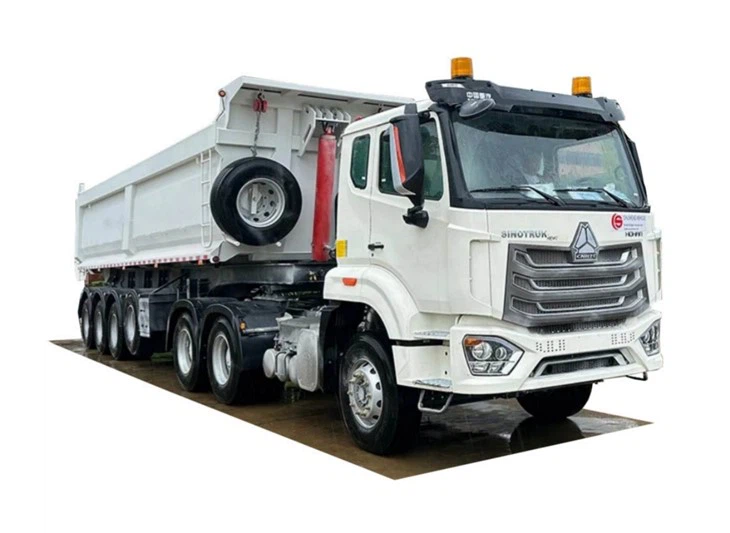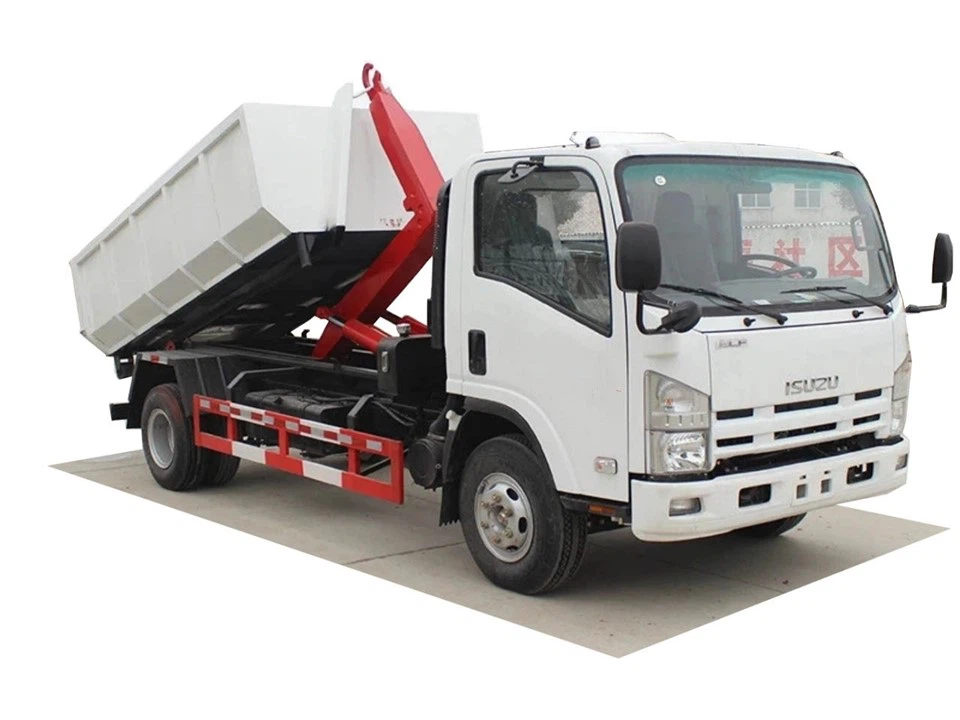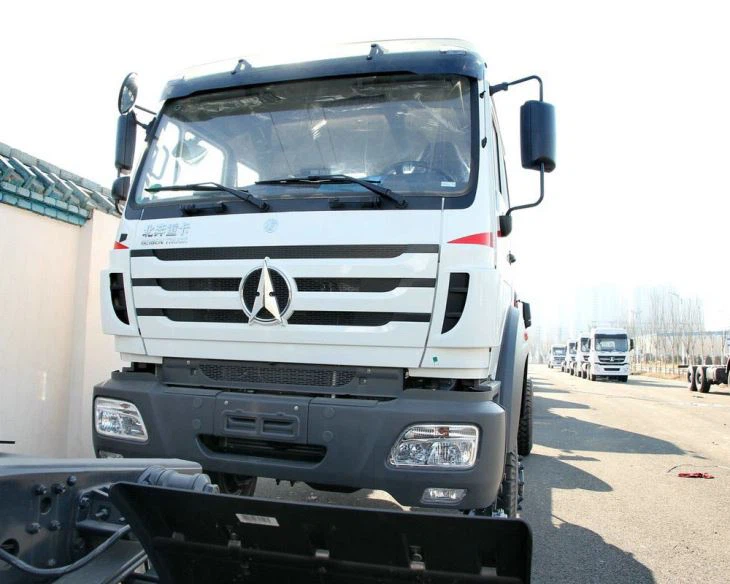Finding the Best Non CDL Box Truck for Sale: A Comprehensive Guide

When it comes to transporting goods, a non CDL box truck offers the perfect blend of convenience and efficiency. Whether you’re starting a business, moving furniture, or need a reliable vehicle for delivery, understanding what a non CDL box truck can offer is essential. In this comprehensive guide, we’ll explore everything you need to know about purchasing a non CDL box truck, from features and pricing to maintenance tips and more.
What is a Non CDL Box Truck?
A non CDL (Commercial Driver’s License) box truck is a vehicle designed for carrying cargo without requiring a special driving license. Typically, these trucks have a gross vehicle weight rating (GVWR) of 26,000 pounds or less, allowing most drivers with a standard driver’s license to operate them. Box trucks are characterized by their enclosed cargo areas, making them ideal for transporting large items securely.

Key Features of Non CDL Box Trucks
- Payload Capacity: Generally ranges from 3,000 to 10,000 pounds.
- Size Options: Available in various sizes, with cargo areas typically ranging from 10 to 26 feet.
- Fuel Options: Diesel and gasoline are common choices.
- Accessibility: Equipped with roll-up doors or swing doors for easy loading and unloading.
Benefits of Choosing a Non CDL Box Truck
Cost-Effective Solution
Purchasing a non CDL box truck can be more affordable than bigger trucks that require a CDL. This cost-effectiveness extends beyond the initial purchase, as it typically entails lower insurance premiums and maintenance costs.
Ease of Operation
Without the need for a specialized license, more drivers can operate these trucks. This flexibility is particularly useful for businesses that require multiple drivers.

Versatile Usage
From moving companies to e-commerce deliveries, non CDL box trucks can cater to various industries, ensuring you have the right vehicle for your needs.
Where to Find Non CDL Box Trucks for Sale
Online Marketplaces
Websites like Craigslist, eBay Motors, and AutoTrader are excellent places to start your search. These platforms often feature a variety of listings from private sellers and dealerships.
Dealerships
Local dealerships, especially those specializing in commercial vehicles, can provide both new and used non CDL box trucks. Be sure to visit several dealerships to compare prices and vehicle conditions.
Auctions
Consider attending vehicle auctions, where you can find some great deals on non CDL box trucks. Often, government and fleet auctions list vehicles in good condition at lower prices.
Factors to Consider When Buying a Non CDL Box Truck
Budget
Establish a clear budget before starting your search. Non CDL box trucks can vary significantly in price, depending on the make, model, and condition. Consider additional costs such as insurance, maintenance, and potential modifications.
Size
Determine the appropriate size for your needs. Consider the types of cargo you plan to transport and where you will be operating the truck, as this will influence the size you need.
Table of Common Box Truck Sizes
| Size (feet) | Ideal Payload Capacity | Typical Uses |
|---|---|---|
| 10 – 12 | 3,000 – 4,000 lbs | Small moves, deliveries |
| 14 – 16 | 5,000 – 7,000 lbs | Moving furniture, appliances |
| 18 – 20 | 8,000 – 10,000 lbs | Commercial deliveries, relocating |
Condition: New vs. Used
Decide whether you want a new or used vehicle. A new truck may come with warranties and fewer immediate repairs; however, a used truck can offer significant savings. Always have a certified mechanic inspect used trucks before making a commitment.
Brand and Model
Research different brands and models to find the ones that suit your requirements best. Popular brands for non CDL box trucks include Isuzu, Ford, and Chevrolet. Consider factors like reliability, availability of parts, and fuel efficiency.
Financing Options for Non CDL Box Trucks
Direct Financing
Many dealerships offer direct financing options, making it easier to budget your payments. Compare interest rates and terms to find the right fit for you.
Bank Loans
Consider traditional bank loans or credit unions for financing. Ensure you have good credit to secure the best rates.
Leasing Options
If you’re not ready to purchase outright, leasing can be an alternative. While you won’t own the vehicle at the end of the lease, this option can offer lower monthly payments and flexibility.
Maintenance Tips for Your Non CDL Box Truck
Regular Inspections
Schedule regular inspections to keep your box truck in good working order. Check the brakes, tires, lights, and engine regularly to avoid breakdowns.
Fluid Checks and Changes
Monitor all vehicle fluids, including oil, transmission fluid, and brake fluid. Regular changes are crucial for optimal performance and longevity.
Cleaning
Keep both the interior and exterior of your truck clean. Regular cleaning can reduce rust and maintain the appearance of your truck, ultimately enhancing its resale value.
Practical Examples of Non CDL Box Truck Uses
Moving Services
Many moving companies use non CDL box trucks for residential and commercial relocations. Their size and ease of access make them ideal for transporting household goods.
Delivery Businesses
Non CDL box trucks are ideal for businesses that require frequent deliveries, such as florists, furniture stores, and catering companies.
Non-Profit Organizations
Many non-profits use these trucks for transporting goods and supplies to those in need, as they provide an efficient way to move items without special licensing requirements.
Frequently Asked Questions (FAQs)
1. Do I need a special license to drive a non CDL box truck?

No, you do not need a Commercial Driver’s License (CDL) if the truck’s gross vehicle weight rating (GVWR) is 26,000 pounds or less.
2. What is the typical cost of a non CDL box truck?
Prices can vary widely based on make, model, and condition. Generally, they range from $15,000 to $40,000 for used trucks, while new trucks can start around $30,000 and go up.
3. How can I find financing for a non CDL box truck?
Financing options include dealership financing, bank loans, credit unions, and leasing agreements. Compare terms and interest rates to find the best fit.
4. What maintenance is required for a non CDL box truck?
Regular maintenance includes inspections, fluid checks, and cleaning. Ensuring the vehicle is in good condition can prevent costly repairs down the line.
5. Can a non CDL box truck be used for commercial purposes?
Yes, many businesses use non CDL box trucks for deliveries, moving, and other commercial activities, making them a versatile choice.
6. What should I be aware of when buying a used non CDL box truck?
Always have a trusted mechanic inspect the vehicle before purchase. Check the truck’s service history, look for signs of wear and tear, and ensure all essential features are working properly.
